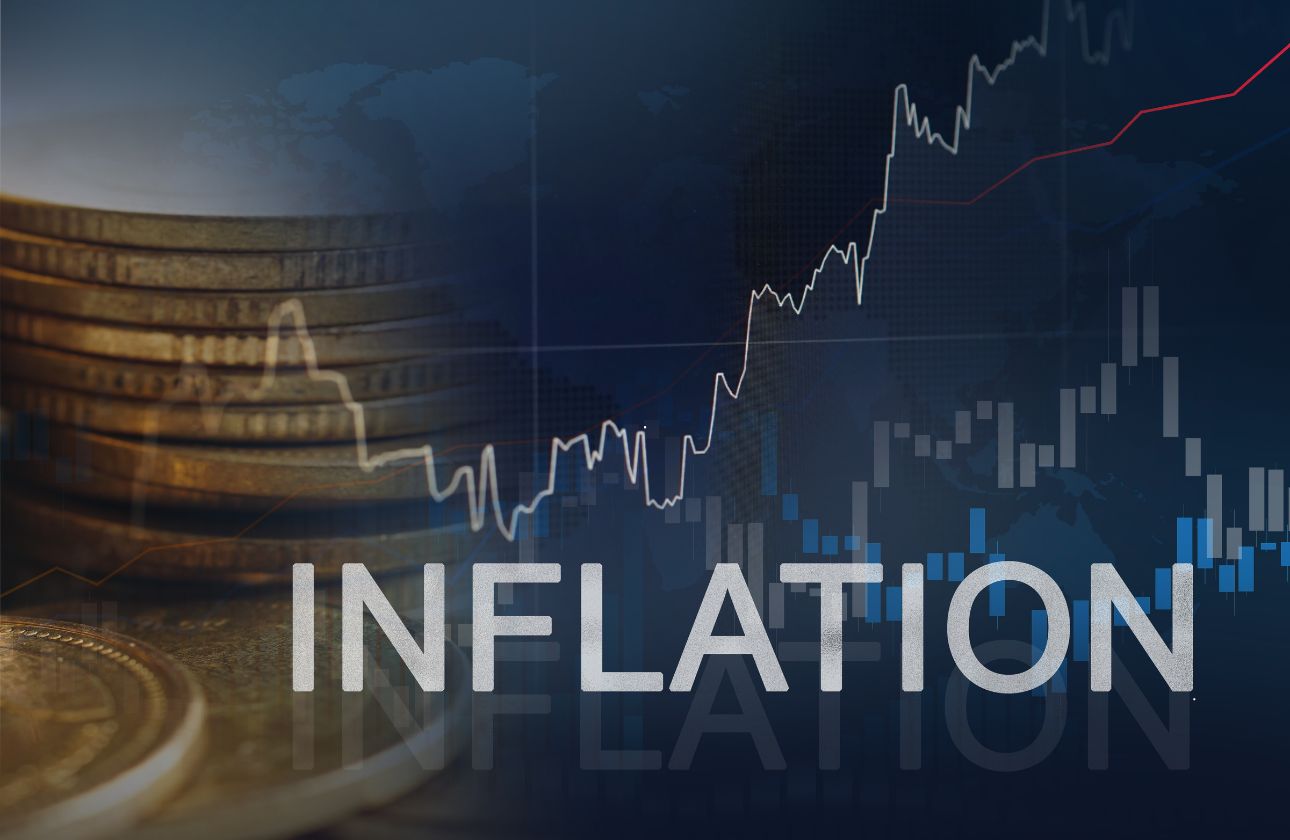Introduction
Inflation has long been a critical factor influencing economic conditions worldwide. As prices rise, consumers alter their spending habits, making decisions that can have ripple effects across various industries. Understanding these shifts in behavior is essential for businesses and policymakers looking to adapt to changing economic landscapes.
What is Inflation?
Inflation refers to the rate at which the general level of prices for goods and services rises, leading to a reduction in purchasing power. Central banks typically monitor inflation closely and implement monetary policies to manage it. High inflation can erode consumer confidence and alter spending behavior, affecting overall economic stability.
Effects of Inflation on Consumer Behavior
As inflation increases, consumers often prioritize essential goods and services over discretionary spending. Here are some notable changes observed in consumer behavior due to inflation:
- Shift to Necessities: Consumers tend to focus their budgets on essential items such as food, fuel, and housing.
- Delayed Purchases: When inflation is high, consumers may delay non-essential purchases, anticipating better deals in the future.
- Cost-Saving Strategies: Increased inflation leads consumers to adopt cost-saving measures, such as using coupons, seeking discounts, or switching to lower-priced alternatives.
Investment Decisions
Inflation also influences how consumers approach investments. With rising prices, people might seek assets that tend to retain value, such as real estate or commodities. Additionally, high inflation often leads to increased interest rates, affecting borrowing costs and investment strategies.
The Role of Confidence
The consumer confidence index plays a significant role in determining spending behavior. As inflation rises, consumer confidence can take a hit, leading to reduced spending and slower economic growth. A pessimistic outlook can create a self-fulfilling prophecy, where lower spending amplifies economic downturns.
Inflation is a complex phenomenon that significantly impacts consumer behavior. As prices rise, consumers rethink their spending habits, focusing on essentials and adjusting their financial strategies. For businesses, understanding these trends is crucial to align products and services with shifting consumer needs. Policymakers must also consider consumer behavior in their strategies to maintain economic stability amid fluctuating inflation rates.




Comments (0)